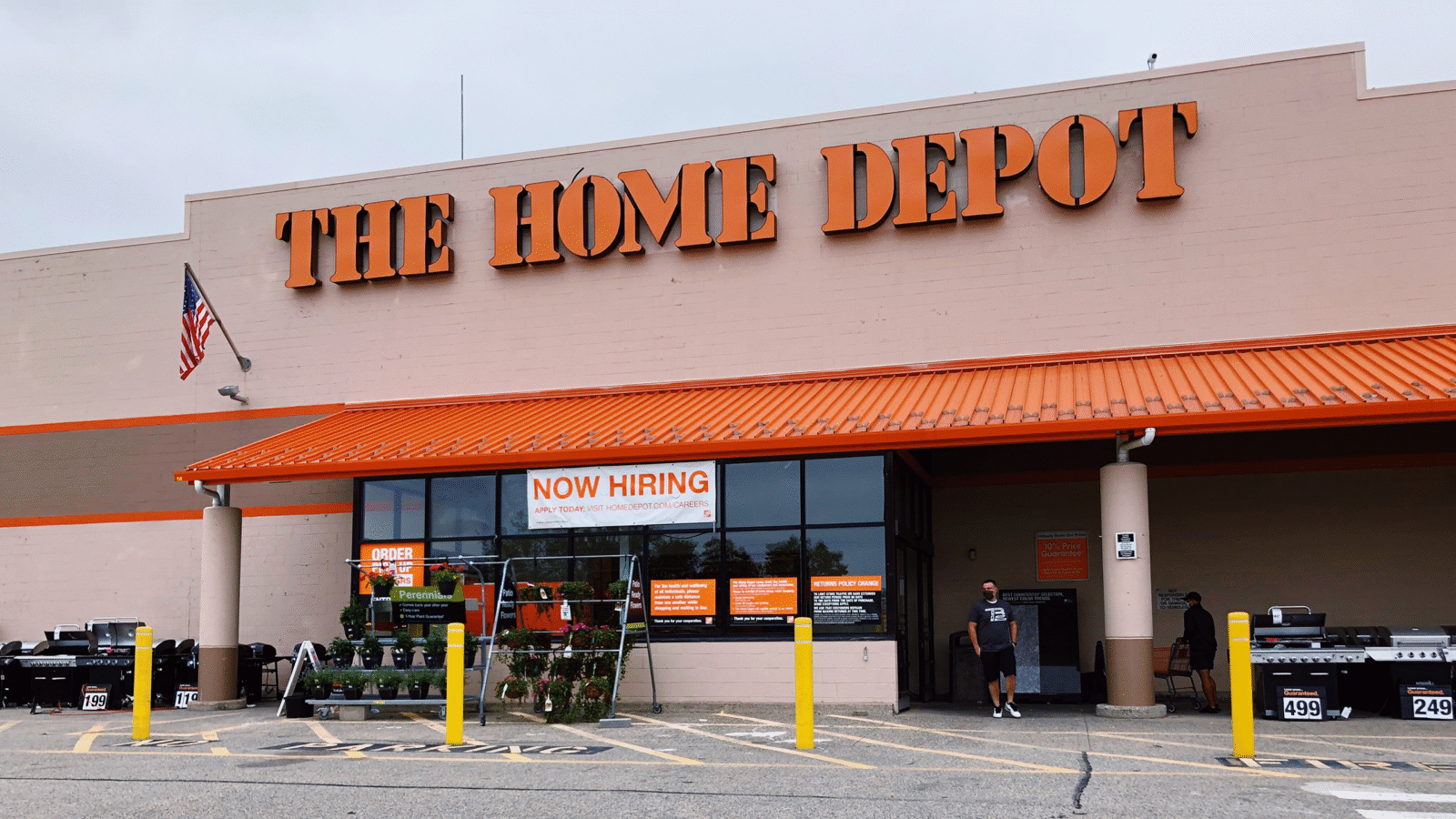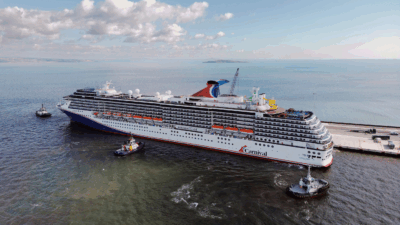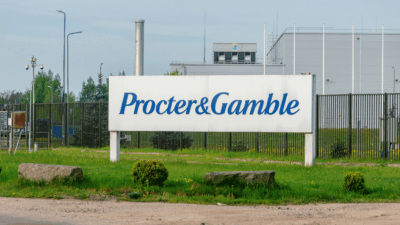
Sign up for smart news, insights, and analysis on the biggest financial stories of the day.
You know the story by now. As COVID cases rise, stay-home stocks like Peloton and Zoom boom. When COVID cases fall, businesses focused on the outside world get a bump.
But there’s one startup that’s been able to avoid the omicron scaries: Hotel Engine, a B2B members-only global booking platform that just landed a $65 million Series B at a unicorn-level valuation. Now that’s pure diesel.
All Aboard The Hotel Engine Train
Led by returning backer Telescope Partners, and with participation from Blackstone, Hotel Engine’s latest funding round came with a $1.3 billion valuation. That’s a massive increase from the startup’s $150 million valuation from its $15 million Series A in 2019. Not bad for a travel business weathering an unpredictable and industry-rattling pandemic.
Its concept is simple: help corporate customers find the best lodging rates and “optimize their travel programs” while helping hotels land “high-value” travelers. Somewhat amazingly, it’s not just promise or potential that has investors pouring in cash. Hotel Engine has turned a profit over the past year:
- Core revenue bookings jumped just over 200% in the year between Q3 2020 and Q3 2021, while its customer base increased 60% over the same time period, TechCrunch reported.
- Overall, Hotel Engine is used by over 550,000 individuals, 40,000 businesses, and 700,000 hotels across 185 countries, the company says.
Across the board, the hotel industry is starting to come back to life. In November, PYMNTS reported Hilton Worldwide Holdings saw a 132% year-over-year revenue increase in their third quarter, and are down less than 15% from 2019’s pre-pandemic glory days.
Bring Down The House: Speaking of travel-related funding booms, Life House, a boutique hotel operator that sells software to independent hotel owners to help with operations, scored a $60 million Series C on Thursday. The round was co-led by travel site Kayak and Inovia Capital. According to its founder, the startup has grown over 600% since the pandemic started—a shard distinction for an industry that mostly needed lifeboats the past two years.











